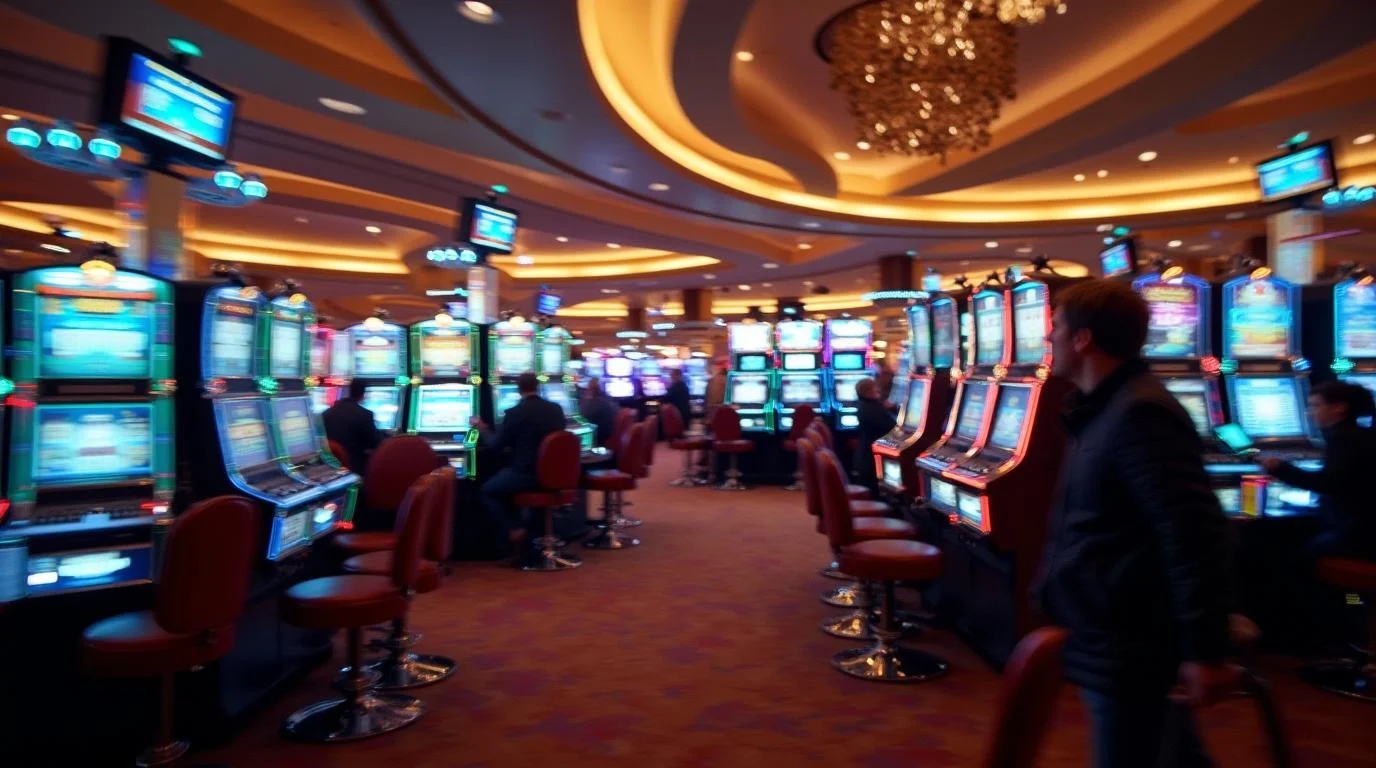Casino Employees in Philly Seek to Ban Indoor Smoking in Casinos

1.0
Default
If you have always been bothered by the hazy smoke and ashtrays in land-based casinos, PA workers feel the same way – in fact, they have banded together and sought to curb indoor smoking in casino establishments in Pennsylvania once and for all. But will they be successful?
In Pennsylvania, the longstanding association between smoking and casinos might be on the brink of change, driven by the determined efforts of casino employees advocating for a healthier work environment. Casino Employees Against Smoking Effects (aptly named CEASE) recently joined forces with Representative Dan Frankel, a dedicated advocate for a smoke-free Pennsylvania, to press lawmakers to close the loophole in the Pennsylvania Clean Indoor Air Act that permits indoor smoking inside casinos in the state. The rally took place at the Capitol building in Harrisburg, underscoring the growing urgency of the issue.
Legislators are responsible for protecting workers’ health
The push for smoke-free casinos in Pennsylvania is part of a broader movement highlighting the responsibility of lawmakers to safeguard workers’ health. This movement has gained traction not just in Pennsylvania but also in neighboring states. For instance, casino workers in New Jersey recently filed a lawsuit against the health commissioner, accusing the state of failing to protect their health by allowing indoor smoking in casinos.
The question now is whether or not Pennsylvania will follow New Jersey's path. Although Pennsylvania has not yet seen a similar lawsuit, there is already a legislative effort underway to address the issue. Representative Dan Frankel has introduced a bill aimed at banning smoking inside Pennsylvania casinos. However, the bill has not made significant progress in the House, leaving the future of smoke-free casinos in the state uncertain.
Casinos’ mixed reaction to the proposed ban
The casino industry’s reaction to the push for smoke-free environments has been mixed. Major brands like Caesars Entertainment have been resistant to change, maintaining policies that allow indoor smoking. In contrast, some casinos are taking steps toward accommodating non-smokers and promoting healthier environments for their employees.
One case in point: Mohegan Pennsylvania recently opened a new smoke-free gambling lounge, signaling a positive shift. This move has been welcomed by many who see it as a step in the right direction. However, the response from other casinos has been less encouraging. For instance, the owners of Pennsylvania's Valley Forge Casino recently rejected proposals for a study geared towards implementing a non-smoking policy, demonstrating the ongoing resistance within parts of the industry.
The debate over smoking in casinos continues to generate strong opinions on both sides. Advocates for smoke-free environments argue that allowing smoking indoors poses serious health risks to employees and patrons alike. They point to numerous studies linking secondhand smoke to a range of health issues, from respiratory problems to cardiovascular disease.
On the other hand, some casino operators argue that banning smoking could hurt their business, potentially driving away customers who prefer to smoke while gambling. They also point to the significant investments already made in ventilation systems designed to mitigate the impact of indoor smoking.
The current state and future outlook
As it stands, the only completely smoke-free casino environments in Pennsylvania are online casinos, where the absence of physical spaces naturally eliminates the issue of indoor smoking. However, the growing advocacy from groups like CEASE and supportive legislators like Representative Frankel provides hope that this could change.
The push for smoke-free casinos in Pennsylvania reflects a broader societal trend towards healthier, smoke-free environments. As awareness of the health risks associated with secondhand smoke continues to grow, the pressure on lawmakers and the casino industry is likely to increase. For now, the future clearly remains uncertain. The battle between health advocates and industry stakeholders continues, with significant implications for the well-being of casino employees and patrons. As the debate continues, one thing is clear: the conversation around smoking in casinos is far from over, and the outcome could reshape the landscape of the gaming industry in Pennsylvania, for better or for worse.




















